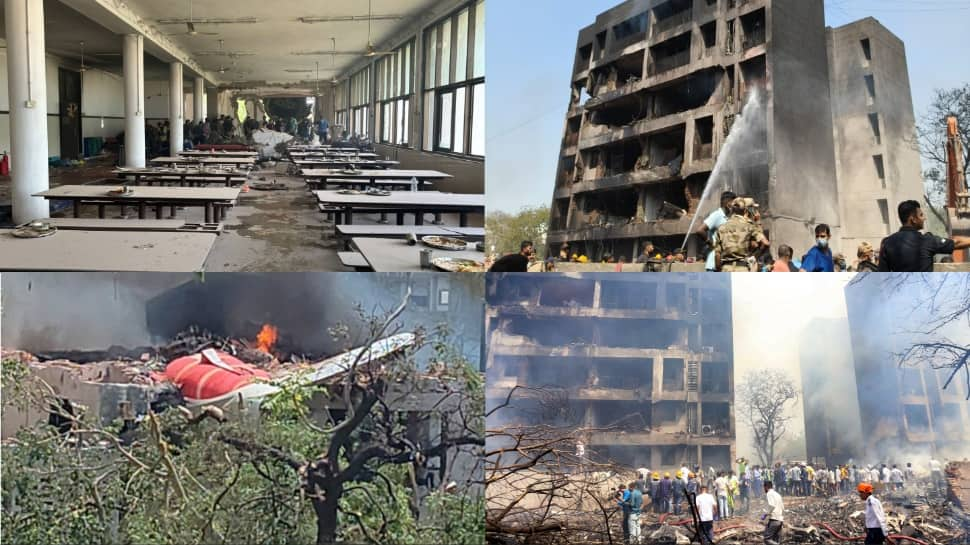New Delhi: The conflict between Israel and Iran has reached a boiling point, with both countries exchanging airstrikes and missile attacks. Israeli Prime Minister Benjamin Netanyahu has vowed to intensify strikes on Iran, warning that “what they have felt so far is nothing compared with what they will be handed in the coming days.”
The latest escalation began when Israel launched Operation Rising Lion, targeting Iran’s nuclear and military infrastructure in cities like Natanz, Isfahan, and Tehran. Iranian media reported a fire at the South Pars gas field following fresh Israeli strikes, which was later contained. The offensive resulted in significant damage, including the destruction of multiple buildings at the Natanz nuclear enrichment site.
Here are the 10 key developments:
1. Iran Halts Nuclear Talks with US: Iran has called off its upcoming nuclear negotiations with the United States, citing the Israeli attacks as “unjustifiable” and stating that continuing dialogue under these conditions is “meaningless”.
2. Israel Launches Aerial Assault: Israel launched a large-scale aerial assault on Iran, targeting nuclear facilities, military infrastructure, and key leadership figures, with over 150 sites hit.
3. Iranian Retaliation: Iran fired roughly 200 ballistic missiles and drones at Israeli targets in four waves, with most intercepted by Israeli defense systems and US assistance.
4. Civilian Casualties: Iran reported heavy civilian casualties from Israel’s two-day assault, including 78 deaths on the first day and 60 people killed in a missile strike on a residential tower in Tehran.
5. Turkey Accuses Israel: Turkish President Tayyip Erdogan accused Netanyahu of trying to “drag the region into fire” and “sabotage nuclear talks”, warning of a refugee crisis.
6. India’s Stance: India called for “dialogue and diplomacy” to de-escalate tensions at the Shanghai Cooperation Organisation (SCO) summit, refraining from backing a statement condemning Israeli strikes.
7. US Support: Israeli PM Netanyahu claimed “clear support” from US President Donald Trump for the strikes.
8, Strait of Hormuz: Iranian lawmaker Esmail Kosari said Tehran is reviewing whether to close the Strait of Hormuz, a critical oil route.
9. Global Concerns: The conflict has sparked international concern, with the UN Secretary-General calling for peace and diplomacy to prevail.
10. Regional Instability: The conflict risks triggering waves of irregular migration and destabilizing the region.
Current Situation
The situation remains volatile, with both countries on high alert and the international community urging restraint. Iranian President Masoud Pezeshkian has stated that Tehran would not attend nuclear talks with the United States so long as Israel keeps up its attacks on the Islamic Republic. The conflict has also sparked concerns about the potential impact on global oil prices and regional stability.
International Reactions
- Russian President Vladimir Putin discussed the conflict with US President Donald Trump, emphasizing the need for restraint.
- French President Emmanuel Macron urged Iran to “quickly” resume negotiations over its nuclear program.
- Turkish President Tayyip Erdogan warned that Israel’s actions could lead to “catastrophic repercussions” in the region.
- The United Kingdom is moving military assets to the Middle East for “contingency support”.
The conflict between Israel and Iran continues to escalate, with both sides showing no signs of backing down. The international community is working to de-escalate the situation, but the outcome remains uncertain.










